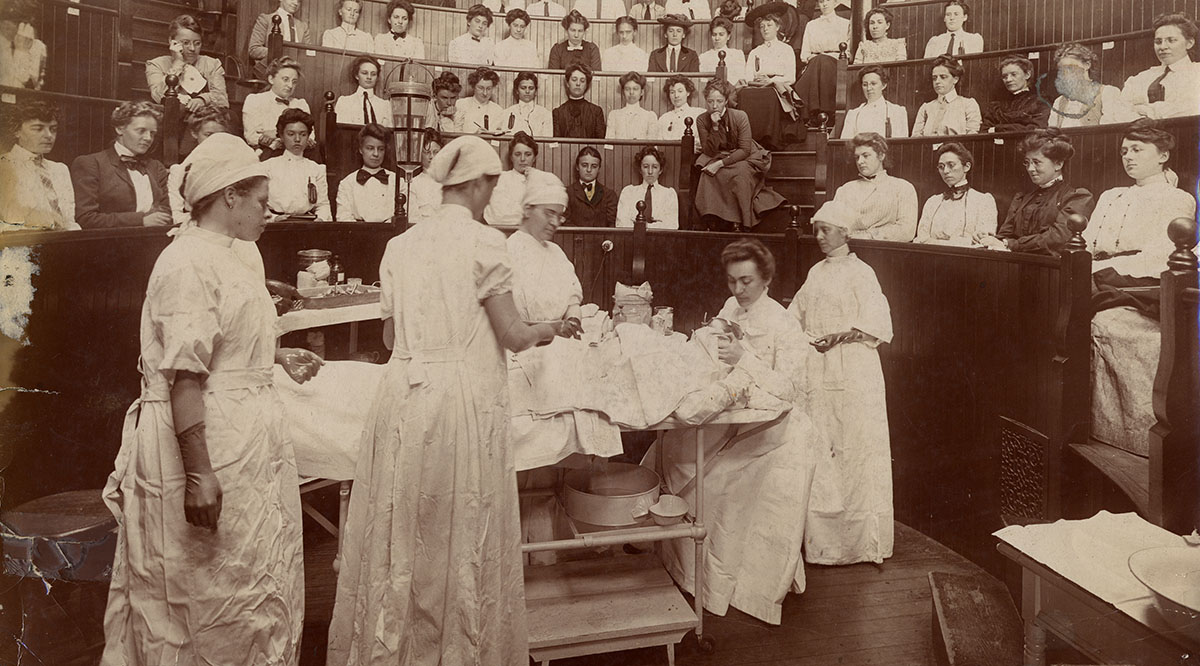
FAQ About Women in the History of Medicine
Women in the History of Medicine
2 years ago | gizem
Who was Elizabeth Blackwell, and why is she significant in medical history?
Elizabeth Blackwell was a pioneering figure in medical history and is best known as the first woman to receive a medical degree in the United States. She was born in England in 1821 and later moved to the United States with her family. Elizabeth Blackwell's significance in medical history can be summarized as follows:
- First Female Medical Graduate: In 1849, Elizabeth Blackwell graduated from Geneva Medical College in New York, becoming the first woman to earn a medical degree in the United States. Her acceptance into the program was a milestone for women's education and healthcare.
- Trailblazer for Women in Medicine: Elizabeth Blackwell's achievement opened doors for women who aspired to become physicians. Her success challenged the prevailing gender norms that had historically excluded women from medical education and practice.
- Advocate for Women's Health: Blackwell was not only a medical pioneer but also a passionate advocate for women's health. She recognized the need for female physicians to provide medical care to women, who often faced barriers to seeking medical treatment from male doctors.
- Founder of the New York Infirmary for Indigent Women and Children: In 1857, Blackwell, along with her sister Emily Blackwell and Dr. Marie Zakrzewska, founded the New York Infirmary for Indigent Women and Children. This institution provided healthcare services and training for female physicians, addressing the healthcare needs of underserved populations.
- Author and Educator: Elizabeth Blackwell authored several medical books and publications, sharing her knowledge and expertise. She also played a role in educating future generations of women physicians.
- Inspirational Figure: Blackwell's determination and success inspired many women to pursue careers in medicine. Her story serves as a symbol of women's perseverance and contributions to the medical field.
- Legacy in Medical Education: Elizabeth Blackwell's legacy has had a lasting impact on medical education and women's participation in healthcare professions. Today, women make up a significant portion of the medical workforce and continue to build upon her pioneering efforts.
